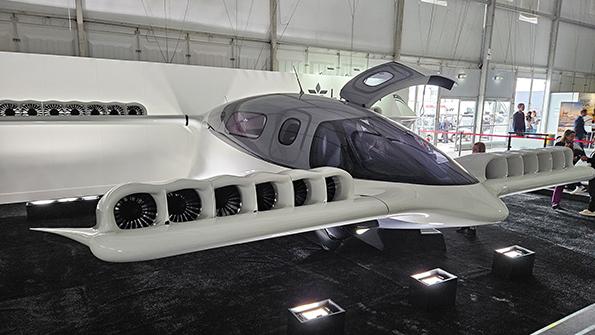
Lilium displayed a full-scale model of the Lilium Jet at ILA Berlin.
Credit: Jens Flottau/AW&ST
A few weeks ago, the future of Volocopter and Lilium—Germany’s most prominent advanced air mobility firms—looked grim, with both warning they could run out of money within weeks without fresh funding. But just in time for the ILA Berlin Air Show, the startups have bought themselves a bit more runway...
Lilium And Volocopter Gain Time, But Financing Remains Crucial Concern is available to both Aviation Week & Space Technology and AWIN subscribers.
Subscribe now to read this content, plus receive critical analysis into emerging trends, technological advancements, operational best practices and continuous updates to policy, requirements and budgets.
Already a subscriber to AW&ST or AWIN? Log in with your existing email and password.





